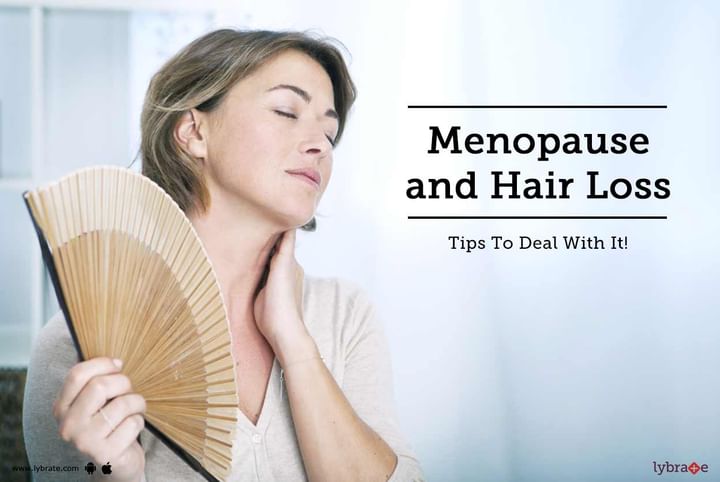Menopause and Hair Loss - Tips To Deal With It!
A woman’s body is controlled by hormones beyond imagination. Be it her mood or her hair, hormones play an important role in all of it. Menopause is a turning phase in a woman’s life. With the estrogens levels reducing in the body, there are multiple changes that the body goes through, and hair loss is also one of them. Imagine clumps of hair coming out when you comb or a patch of baldness on your scalp. For women, as it is, menopause brings a depressing phase, and this hair loss adds to their woes.
Why does it happen?
Menopause causes a reduction in estrogen levels, which is essential for hair growth. Therefore, low levels of estrogen lead to significant hair fall. In parallel, if there is an increase in testosterone levels, it results in shrinking hair follicles and promotes hair growth. This, in turn, leads to increased hair growth on the face and hands.
The additional medications that are being taken, food habits, lifestyle habits like alcohol and tobacco, and stress also add to the hair fall.
However, the only way to deal with it to correct the hormonal imbalance in the body.
- General hair care: With menopause setting in, make sure you switch to a gentler shampoo and be easy on your hair. Remove tangles with care. Use a softer comb.
- Give your scalp a good massage to improve blood flow and promote hair growth
- If required, apply oil or creams which have keratin to strengthen hair.
- Hair care tools: Reduce the use of dryers and ironing tools. Perming and coloring also can make it dry and brittle, which is easier to break.
- When you are out exercising, make sure your hair is well protected. Swimming caps, wide-brimmed hats are essential to prevent hair from direct damage.
- Ensure there is sufficient protein, minerals, and vitamins in your diet to provide the ingredients for hair growth. Including fish, walnuts, almonds, and other fatty foods is a good way to nourish your hair externally.
- Manage stress via multiple ways – meditation, exercise, music, yoga, etc. Stress in itself leads to hair fall, and so controlling stress is very important
- Drink it up: Water is one of an essential ingredient and drinking up to 8 glasses a day help a great deal in managing hair health too.
- Exercise: It is very important to pick an exercise regimen that works for you and adhere to it. Whatever works for you, be it gymming, swimming, cycling, jogging, or running. This not only controls hair fall, but also improves the overall quality of your life.
Menopause doesn't necessarily be the end of a phase, it can also be the beginning of another great one!
In case you have a concern or query you can always consult an expert & get answers to your questions!



+1.svg)
